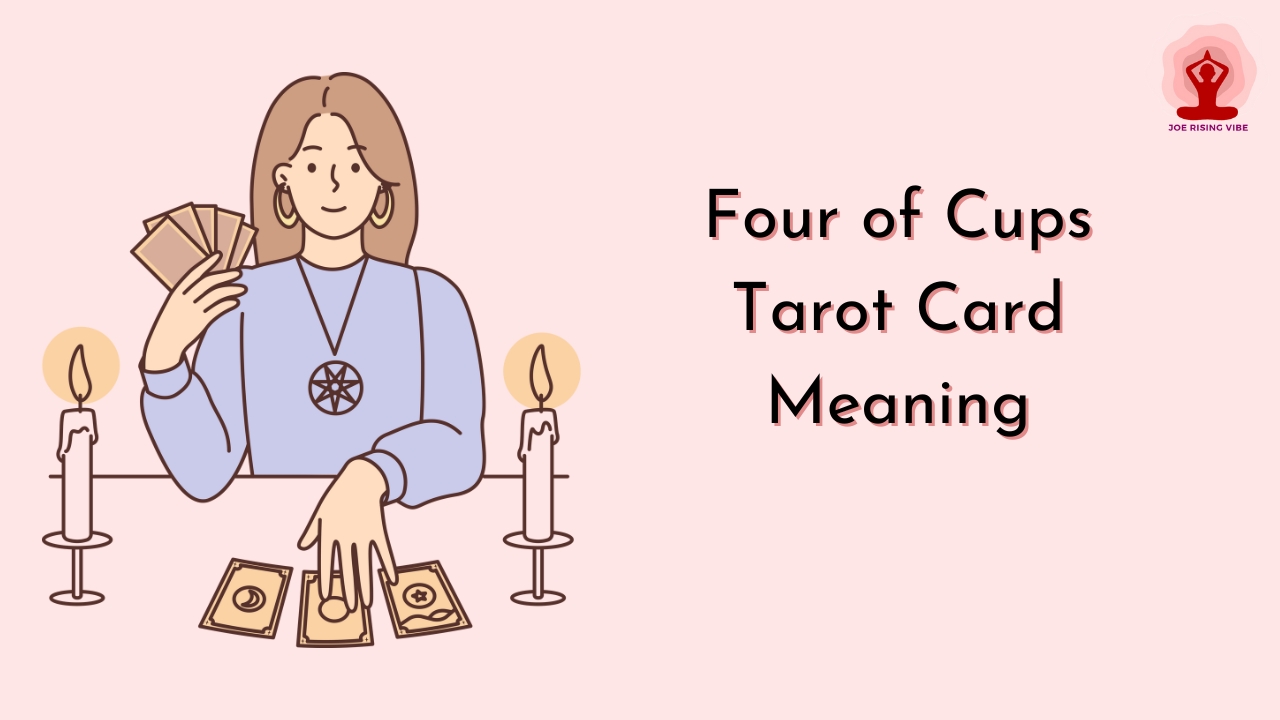Lucid dreaming is when you know you’re dreaming while it’s happening. Long ago, a smart man named Aristotle wrote about this. Some people have lucid dreams every night. Certain things like stress or wanting to control dreams can make this happen more often.
If you dream like this a lot, it might make you anxious or mix up dreams and real life.
Learning how to have these dreams on purpose is something anyone can try with practice. Keeping track of your dreams helps too. Creative folks tend to have these types of dreams more than others do.
Dreams where you know what’s going on can help solve problems and understand yourself better, so they aren’t all bad! But having them all the time could be tricky because it’s hard to tell if you’re awake or still dreaming.
Now, let’s discover why some people find themselves in the world of lucid dreams every single night!
Understanding Lucid Dreaming
Lucid dreaming is the ability to be aware that you are dreaming while you are still asleep, and it can occur during rapid eye movement (REM) sleep. This phenomenon has intrigued scientists for years, leading to a better understanding of the science behind it and how it occurs.
Definition of lucid dreaming
Lucid dreaming awareness control what happens in the dreamSome people can do this once in a while; others learn to do it more often.
Dreams feel real while we are in them. Lucid dreams take this one step further: they seem like reality but with a twist—you realize it’s all in your mind. With that knowledge, some use these dreams to explore, solve problems, or have adventures without waking up from their slumber.
The science behind it
Lucid dreaming occurs during the REM (rapid eye movement) stage of sleep, where brain activity resembles waking consciousness. In this phase, the prefrontal cortex becomes highly active; this area is responsible for self-awareness and decision-making.
During lucid dreams, there is increased activity in the frontal areas of the brain associated with self-reflection and rational thinking. This could explain why some individuals experience enhanced problem-solving abilities and heightened creativity through frequent lucid dreaming.
Additionally, studies have shown that individuals who engage in regular meditation practices tend to have a higher frequency of lucid dreams. This correlation may be due to the fact that meditation can enhance self-awareness and control over one’s thoughts, similar to how individuals gain awareness and control within their dreams during lucid dreaming experiences.
Frequency of lucid dreaming for the average person
The average person experiences occasional spontaneous lucid dreams. These occurrences are infrequent and not a nightly event. Factors like sleep quality, stress levels, and personal motivation influence the frequency of lucid dreaming.
It is also essential to consider that individual mental states and sleep patterns play a role in how often lucid dreams occur.
Factors Influencing Frequent Lucid Dreaming
Frequent lucid dreaming can be influenced by various factors such as personal motivation, techniques to induce lucid dreaming, and the impact on sleep quality. Understanding these factors can provide insights into why some individuals experience lucid dreaming more often than others.
Personal accounts of frequent lucid dreamers
Many frequent lucid dreamers report enhanced creativity and problem-solving abilities
- They often experience emotionally charged dreams with intense levels of control
- Stress levels and sleep quality greatly impact the frequency and intensity of their lucid dreams
- Frequent lucid dreamers emphasize the importance of maintaining a dream journal
- Their motivation for lucid dreaming ranges from curiosity to spiritual exploration
Techniques to induce lucid dreaming
To induce lucid dreaming, try reality testing. Throughout the day, ask yourself if you’re awake or dreaming. Keep a dream journal. Write down dreams as soon as you wake up. Create a consistent sleep schedule. This enhances awareness during the REM sleep phase. Use visualization techniques before bed. Picture yourself realizing you’re in a dream while asleep. Practice meditation and mindfulness exercises to improve self-awareness in dreams.
Impact on sleep quality
Lucid dreaming can impact sleep quality by causing disruptions in the natural sleep cycle, particularly during REM (rapid eye movement) sleep. This may result in decreased overall sleep efficiency and feelings of fatigue upon waking.
Stress levels also play a crucial role in affecting both the frequency and quality of lucid dreaming, as heightened stress can lead to more intense dreams, including lucid ones. However, improved sleep quality has been reported by some individuals who have learned to control their lucid dreams through various techniques such as reality testing and maintaining a dream journal.
The relationship between stress levels and lucid dreaming suggests that managing stress can positively influence both the occurrence of lucid dreams and overall sleep quality. Additionally, the emotional charge experienced during emotionally intense lucid dreams could negatively impact subsequent non-lucid dream experiences, potentially affecting overall restfulness during sleep.
Relationships with sleep disorders
Lucid dreaming can impact sleep disorders like insomnia and sleep apnea. People experiencing frequent lucid dreams may have disrupted sleep patterns, leading to daytime fatigue and reduced overall sleep quality.
Moreover, the intense nature of some lucid dreams could contribute to overstimulation during REM sleep, potentially exacerbating certain sleep disorders. Understanding these relationships is crucial for individuals seeking to manage their sleep health while engaging in frequent lucid dreaming experiences.
REM stage disruptions from excessive lucid dreaming might contribute to erratic sleeping patterns linked with certain common sleeping problems. Individuals trying to achieve restful nightly sleeps must be mindful of the potential connections between disruptive lucid dreaming and their existing or developing sleep issues.
Is Frequent Lucid Dreaming Dangerous?
Frequent lucid dreaming can raise concerns about overstimulation and potential impacts on sleep quality. However, with proper education and practice, lucid dreaming can be a safe and enriching experience.
Risks and concerns
Lucid dreaming can prompt anxiety and confusion, resembling nightmares or reality. Emotional turbulence may arise from overstimulation during intense dreams, impacting mental well-being.
Lucid dreamers should be wary of potential danger and seek safe practices to mitigate the risks associated with lucid dreaming.
Nightmares in lucid dreams can trigger distress and unease, posing challenges for individuals experiencing frequent lucid dreaming. The blurred lines between wakefulness and dream state could lead to emotional turmoil if not managed effectively.
Tips for safe lucid dreaming
Ensure a relaxing bedtime routine.
- Create a calm environment to promote peaceful sleep.
- Practice stress – reducing activities during the day.
- Avoid overstimulation before bed.
- Establish consistent sleeping and waking times.
- Aim for at least 7 – 8 hours of sleep each night.
- Perform reality checks throughout the day to enhance self – awareness.
- Engage in meditation or deep breathing exercises to improve focus and awareness.
- Record details of dreams upon waking to enhance self – awareness and reflection.
Debunking myths
Myth: Lucid dreaming is dangerous and can lead to mental instability. Truth: While lucid dreaming may cause confusion and anxiety in some individuals, it is not inherently harmful.
In fact, research suggests that lucid dreaming can be a tool for problem-solving, self-exploration, and increased creativity. However, like any intense psychological experience, it should be approached with caution and awareness.
Another myth about lucid dreaming is that only certain people can experience it frequently. The truth is that evidence suggests lucid dreaming is a learnable skill and can be influenced by factors such as sleep quality, stress levels, and personal motivation.
Conclusion
In conclusion, frequent lucid dreaming can be influenced by sleep quality, stress levels, and personal motivation. Techniques such as reality testing and dream journaling may help induce lucid dreams.
While there are potential risks, with the right approach and understanding of one’s mental state and sleep patterns, frequent lucid dreaming can be a fascinating aspect of self-exploration.





